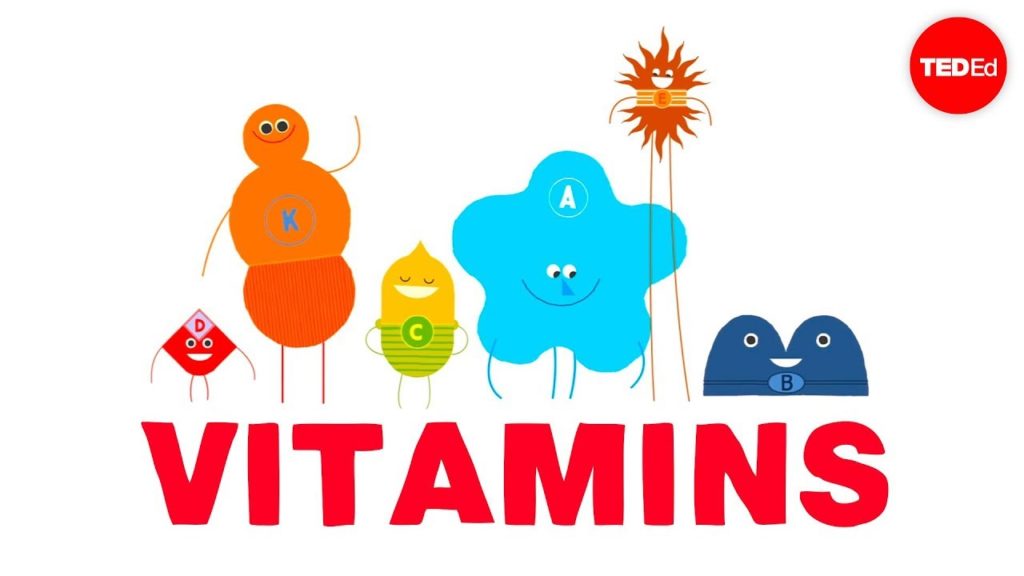Why do we need to drink water?

Drinking water is essential for maintaining the balance of bodily fluids, which helps in various functions, including digestion, absorption, circulation, creation of saliva, transportation of nutrients, and maintenance of body temperature.
Contents
MCQs
1. What is one of the roles of water in the body?
A) To create new cells
B) To transport nutrients
C) To strengthen bones
D) To store vitamins
2. Drinking water helps in the creation of which bodily fluid?
A) Blood
B) Saliva
C) Lymph
D) Bile
3. How does water contribute to regulating body temperature?
A) By causing perspiration
B) By increasing body fat
C) By reducing metabolism
D) By generating heat
4. What is not a function of water in the body?
A) Enhancing muscle growth
B) Regulating body temperature
C) Transporting nutrients
D) Producing energy
5. How does water impact the digestion process?
A) By breaking down food molecules
B) By absorbing fats
C) By facilitating the movement of food through the digestive tract
D) By converting food into energy
Read More
- GK Quiz for Class 1
- Nutrition in Animals
- Why don’t icy drinks make me cold all over?
- What happens to the food I eat?
- Do fish drink water?






Responses